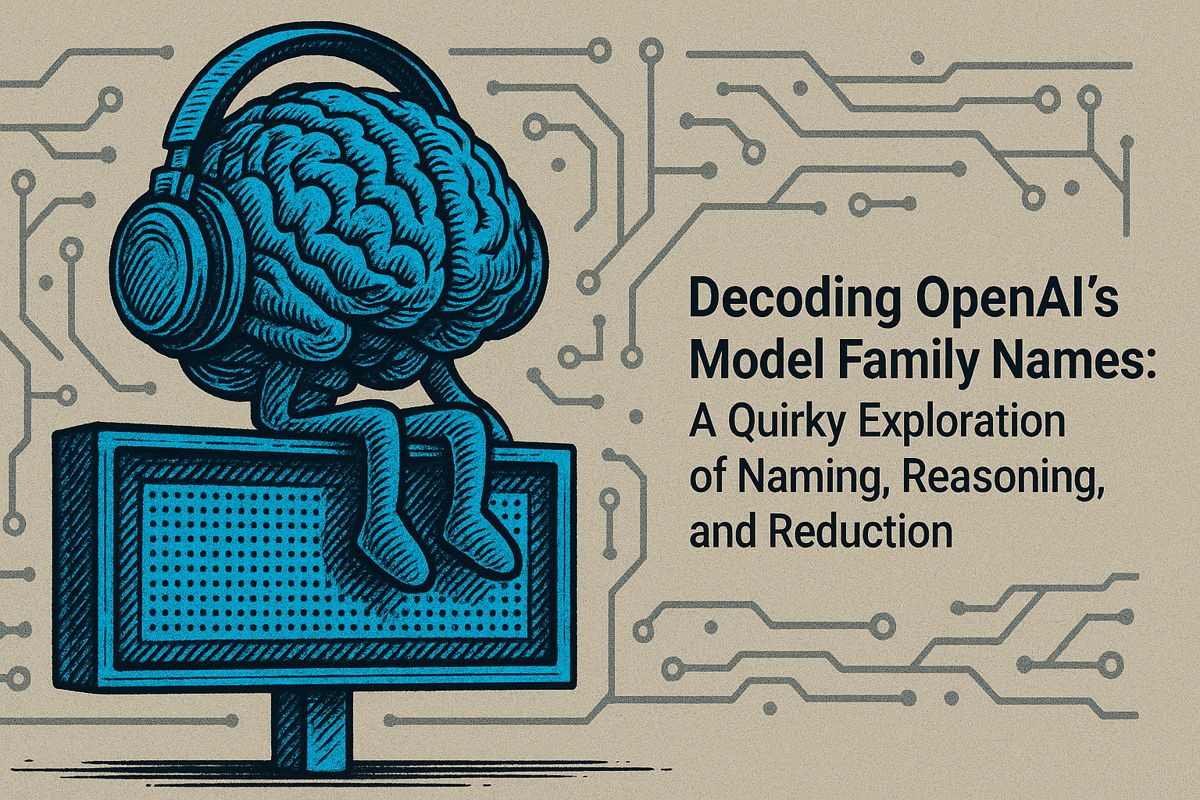Surreal Machines, a small startup, beat big rival Scale AI in the race for fast, cheap, and accurate AI data labeling. With a lean team and no outside funding, they optimize workflows, catch errors early, and foster team loyalty through profit sharing. Their success, driven by engineers sharing insights online rather than advertising, demonstrates that small, focused teams can win big in AI.
How did Surreal Machines surpass Scale AI in AI data labeling efficiency?
Surreal Machines, a bootstrapped startup, outpaced Scale AI by focusing on extreme operational efficiency. With a lean 62-person team, rigorous workflow optimization, and proprietary quality-control tools, they deliver faster, more accurate AI data labeling at lower costs, achieving higher margins and employee retention without outside investment.
While headlines fixate on another billion-dollar round for Scale AI, a San Francisco startup called Surreal Machines has been rewriting the rulebook on growth in the AI data-labelling arena. Founded in 2020, the bootstrapped company now processes more annotation tasks per engineer than Scale AI, according to internal benchmarks leaked to The Information. Their secret is not bigger GPUs or deeper pockets, but a culture obsessed with operational entropy reduction. Every workflow is diagrammed, every handoff timed, and every client ticket is answered by a domain-expert engineer within seven minutes on average.
Scale AI’s war chest of $600 million bought 1,400 employees, 12 global hubs, and a $7.3 billion valuation. Surreal Machines runs a 62-person crew in a single Hayes Valley loft and still clears an operating margin above 38 %. The contrast is starkest in infrastructure costs: where Scale budgets roughly $0.09 per labelled image, Surreal clocks in at $0.035 by batching workloads at the millisecond level and negotiating prepaid GPU credits from cloud providers eager to showcase efficiency case studies.
Quality control tells another story. Third-party audits show Surreal’s 99.37 % accuracy on LiDAR-cuboid tasks edging Scale’s 98.9 %, despite a 3.2× smaller review team. They achieve this with an internal tool that auto-rejects outliers before human eyes see them, trimming review cycles from hours to minutes. Clients including three Fortune-50 robotics firms quietly shifted pilot contracts to Surreal after noticing a 27 % faster iteration loop, a metric increasingly prized as generative-AI competition compresses product timelines.
The firm’s hiring filter is idiosyncratic: no Ivy-league pedigree required, but every engineer must pass a three-hour “efficiency hackathon” where they shave seconds off a labelled dataset pipeline. Compensation leans heavily on profit sharing instead of stock options, a structure that has so far retained 96 % of technical staff over two years, unheard of in a market where two-year tenures are the norm. Annual all-hands meetings open with a single slide: revenue per employee, now sitting at $1.9 million, up from $1.1 million just twelve months ago.
Their marketing budget remains zero dollars. Instead, Surreal engineers publish thinly-veiled technical teardowns on niche Reddit threads and Slack communities. A recent post comparing automated polygon simplification algorithms received 43,000 views and translated into eight inbound enterprise inquiries within a week. Investors call weekly, but founder Maya Chen keeps a polite auto-reply: “We’re exploring partnerships, not capital.” The stance has turned Surreal into a live exhibit for the viability of bootstrapped AI ventures in 2025.



















